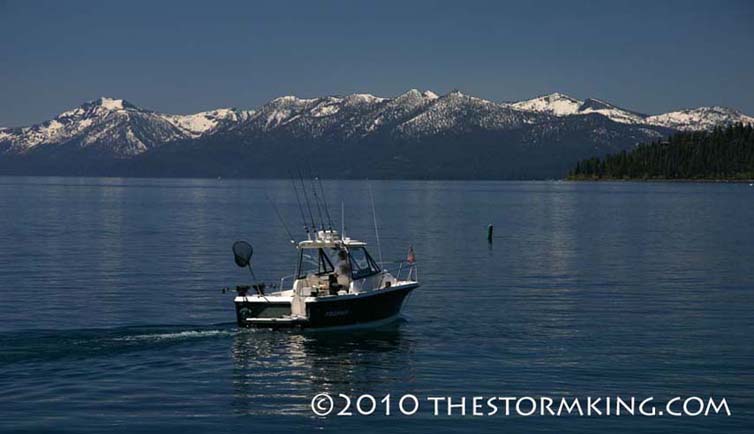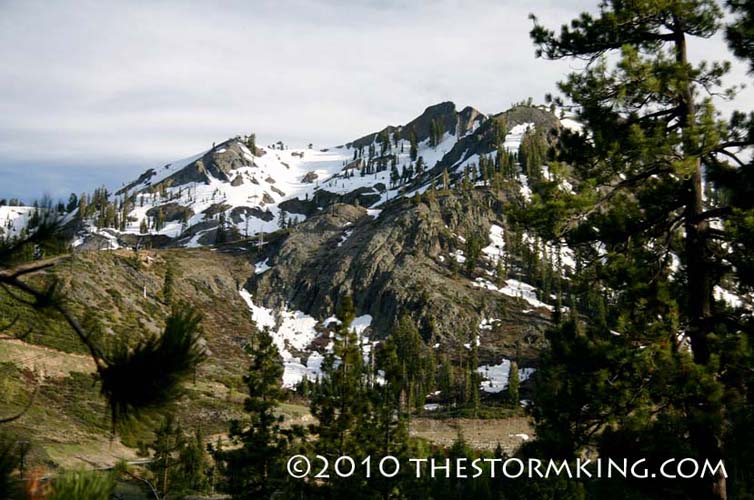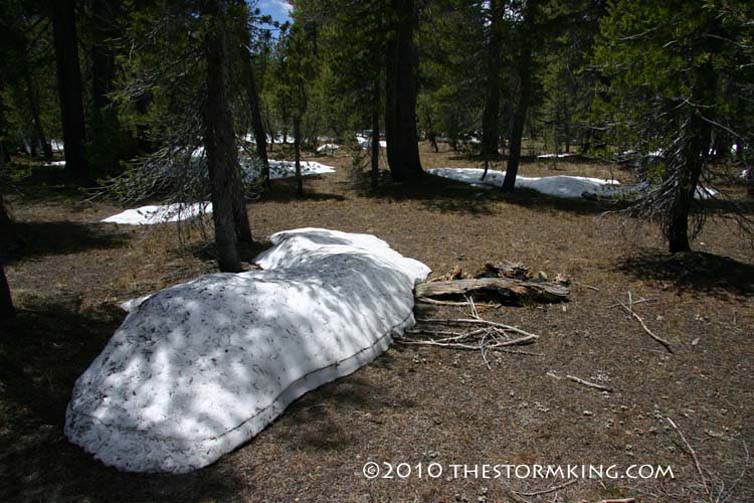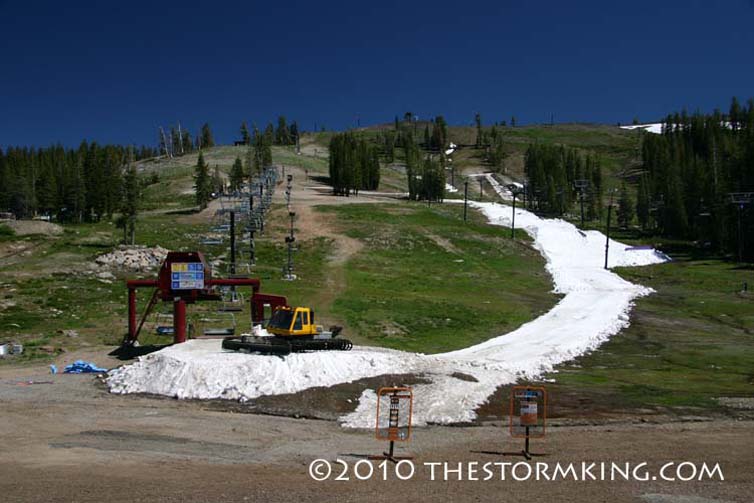 |
|
|
Follow Mark on Facebook for more stories |
||
 |
|||||
|
Tahoe Nugget #187: 2010 Winter Wrap Up The cool, damp spring weather in Northern California has segued into summer and the prolonged winter of 2010 has finally bit the dust. Well, almost. Officially, the 2010 water year ended on June 30 for California's coastal regions and interior valleys. The lowlands calculate annual precipitation based on a July 1 to June 30 cycle. In the Sierra, however, our water year runs from October 1 to September 30. Early October is traditionally the time of year when reservoir storage and stream flow are at their lowest of the year.
Last winter's El Niño event in the Pacific Ocean was no barn burner when it came to California's winter precipitation, but the influence of warmer ocean water in the tropics did work some magic and produced above average rain and snowfall for much of the Sierra range. The water was desperately needed after three consecutive years with below normal precipitation. El Niño-influenced
winters generally bring enhanced moisture to the central and southern parts of the Golden State and last year was no
exception. The town of Redding in the north picked up 91% of their average rainfall, but central and southern California trended from slightly
The 8-Station Index for the Northern Sierra, which includes precipitation gages from Mount Shasta City south through Blue
Canyon (Interstate 80) and Pacific House (Highway 50), is currently at 109% of normal for the date. That nine percent
represents only about three inches of water for the season, but you wouldn't know it looking at current stream and river flows The exceptional late season runoff is less predicated on the above average precipitation this winter than the very cool spring temperatures. The months of April, May and June were all below normal in temperature and that delayed the snow melt significantly.
The cool spring put a damper on some outdoor activities, but diehard skiers and snowboarders milked the slopes for every
last run of the season. Enough snow remained in the mountains for Kirkwood Mountain Resort (which received |
|||||
|

 On Father's Day Weekend in June, snow was still plentiful in the high country over Tahoe's West Shore.
On Father's Day Weekend in June, snow was still plentiful in the high country over Tahoe's West Shore.
 Still some snow left at Squaw the week before July 4, 2010.
Still some snow left at Squaw the week before July 4, 2010.  Snowpack melting off in the Mount Rose Meadows in early July. Elevation about 9,600 feet.
Snowpack melting off in the Mount Rose Meadows in early July. Elevation about 9,600 feet.
